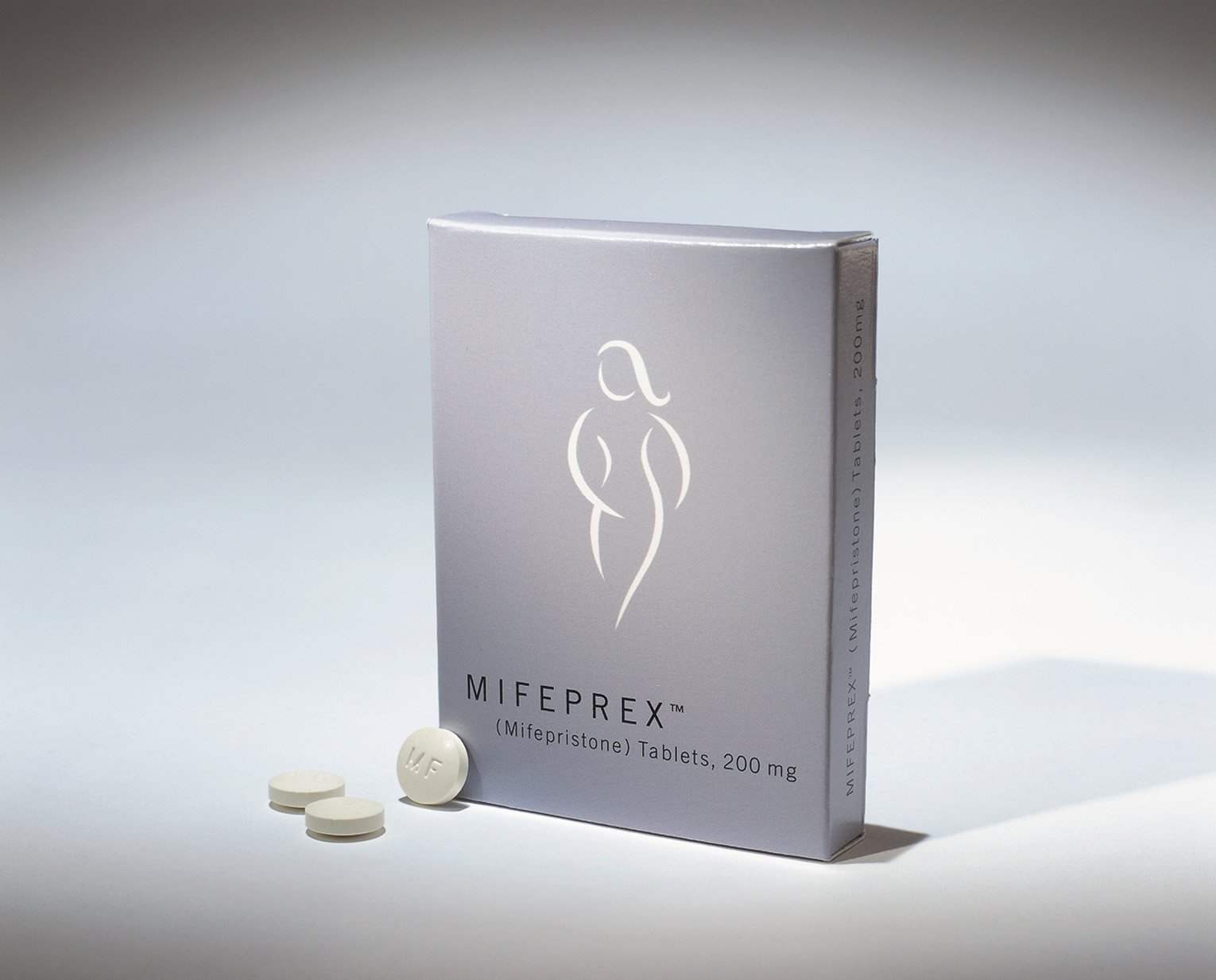
WASHINGTON — A federal appeals court in Louisiana is hearing arguments May 17 about the accessibility of the abortion drug mifepristone.
A panel of three judges on the 5th U.S. Circuit Court of Appeals in New Orleans will review the safety of the pill that was initially approved by the U.S. Food and Drug Administration in 2000 but has faced recent court challenges.
Many are saying this current court appeal could be the final hearing on the drug before its fate lands at the Supreme Court in what will be the first abortion case to come to the court since its ruling last year in Dobbs v. Jackson that overturned Roe v. Wade.
Attorneys for the FDA and the drug’s manufacturer are arguing against blocking access to the drug while challengers, a group of medical professionals who oppose abortion, say the FDA approval should be revoked because it was not based on scientific evidence. They are also opposed to FDA changes in recent years that allow the medication to be sent by mail and expand who is eligible to get it.
In April, U.S. District Judge Matthew Kacsmaryk in Texas sided with those challenging the drug and suspended its FDA’s approval. The Justice Department filed an emergency appeal of that order to the 5th Circuit.
In the emergency ruling, a three-judge panel said the drug’s initial approval should not be revoked. But they agreed with the Texas judge that the challengers were likely to win on other claims, such as the drug’s availability by mail and a provision that allowed the pills to be prescribed to women at up to 10 weeks of pregnancy instead of the previous seven weeks.
In late April the Supreme Court, in a brief order, put the lower court rulings on hold pending appeals, essentially leaving access to the abortion pill unchanged for the next several months.
The case before the Texas judge was filed by the group Alliance for Hippocratic Medicine on behalf of itself and member groups such as the Catholic Medical Association, the Christian Medical and Dental Associations, and other pro-life groups represented by Alliance Defending Freedom, a religious liberty law firm.
Their lawsuit claimed the FDA “ignored the potential impacts of the hormone-blocking regimen on the developing bodies of adolescent girls” and disregarded evidence that chemical abortions cause more complications, particularly bleeding, than surgical abortions.
Its current brief before the appeals court argues that without restrictions on mifepristone “a dangerous drug will remain on the market without critical safeguards, resulting in physical complications, emotional trauma, and death for women.”
The brief also says the abortion pill will also harm the plaintiffs by “forcing them to participate in elective abortions, violating their conscience rights, interfering with their medical practices, and requiring them to divert valuable resources.”
A May 16 statement by Erin Hawley, senior counsel for Alliance Defending Freedom, the day before arguing this case before the appeals court, said: “The FDA must answer for the damage it has caused to the health of countless women and girls and the rule of law by failing to study how dangerous the chemical abortion drug regimen is and unlawfully removing every meaningful safeguard, even allowing for mail-order abortions.”
Mifepristone, also known as RU-486, is the first of a two-drug regimen used to end a pregnancy in its early stages.
Leaders of the U.S. Conference of Catholic Bishops have been vocal in their opposition to the drug since it was first given FDA approval. They echoed objections in 2016 when the FDA relaxed rules for its use, saying it could be administered with fewer visits to a doctor, and they also objected earlier this year when the FDA announced it was allowing some retail pharmacies to distribute the drug.
Pro-life leaders applauded the ruling by the Texas judge to restrict access to mifepristone. “This decision shines a light on something that the Biden administration wants to sweep under the rug — that these drugs do not treat or cure disease but kill unborn children and expose their mothers to dangerous side effects. The FDA should be in the business of ensuring safety, not in taking lives,” said Carol Tobias, president of National Right to Life.
Dennis Poust, executive director of the New York State Catholic Conference, said in a statement that the goal of mifepristone is “to end a developing human life in the womb, which is always a tragedy. However, the question before the courts involves the drug’s safety for women and whether the FDA’s approval process in that regard was flawed.”
Poust added: “While we can’t predict what the courts will ultimately rule, the reality is for the pro-life movement to be truly successful in building a culture of life, it will be less about litigation and legislation and more about converting hearts and minds, and giving women in crisis pregnancies the supports they need to encourage them to carry their babies to term.”
